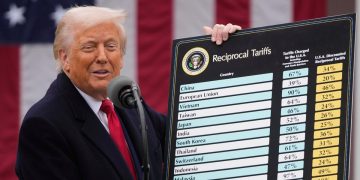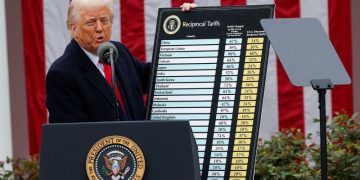Stay informed with free updates
Simply sign up to the US equities myFT Digest — delivered directly to your inbox.
Here’s a chart that tells only half a story:

The number of trading suspensions implemented “for the protection of investors” by the US Securities and Exchange Commission has collapsed, according to the regulator’s own figures, down from over 100 in 2020 to just a handful in recent years — and one in the past nine and a half months.
FTAV would love to tell you the headline for this post is accurate. But the truth is the sharp drop-off coincided with the adoption of amendments to an old investor protection rule that barred broker-dealers from publishing quotations for issuers who hadn’t filed their finances accurately and on time.
This exploded early in the pandemic, when a lack of staffing and resources made it harder for issuers to prep their financials just as dubious broker-dealers were offering quotes hither and thither to make up for a drop in revenue from commissions and market-making.
In the before times, broker-dealers were allowed to maintain a quoted market for an issuer’s security in perpetuity, in the absence of up to date and publicly available information about the issuer — and even when the issuer no longer existed.
Today, regulators no longer have to suspend trading in securities based on a lack of info, because the new rules prevent solicited trades in those securities: basically, the SEC has transformed an issuer’s inadequate…



























































